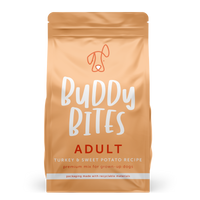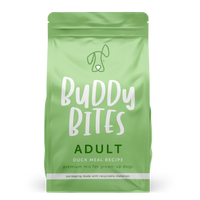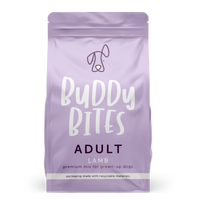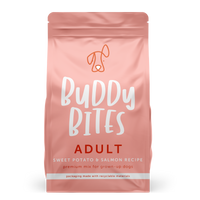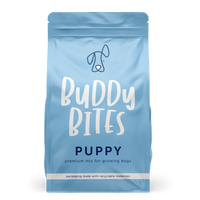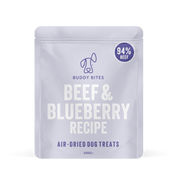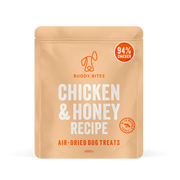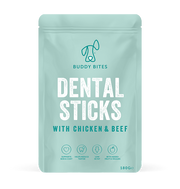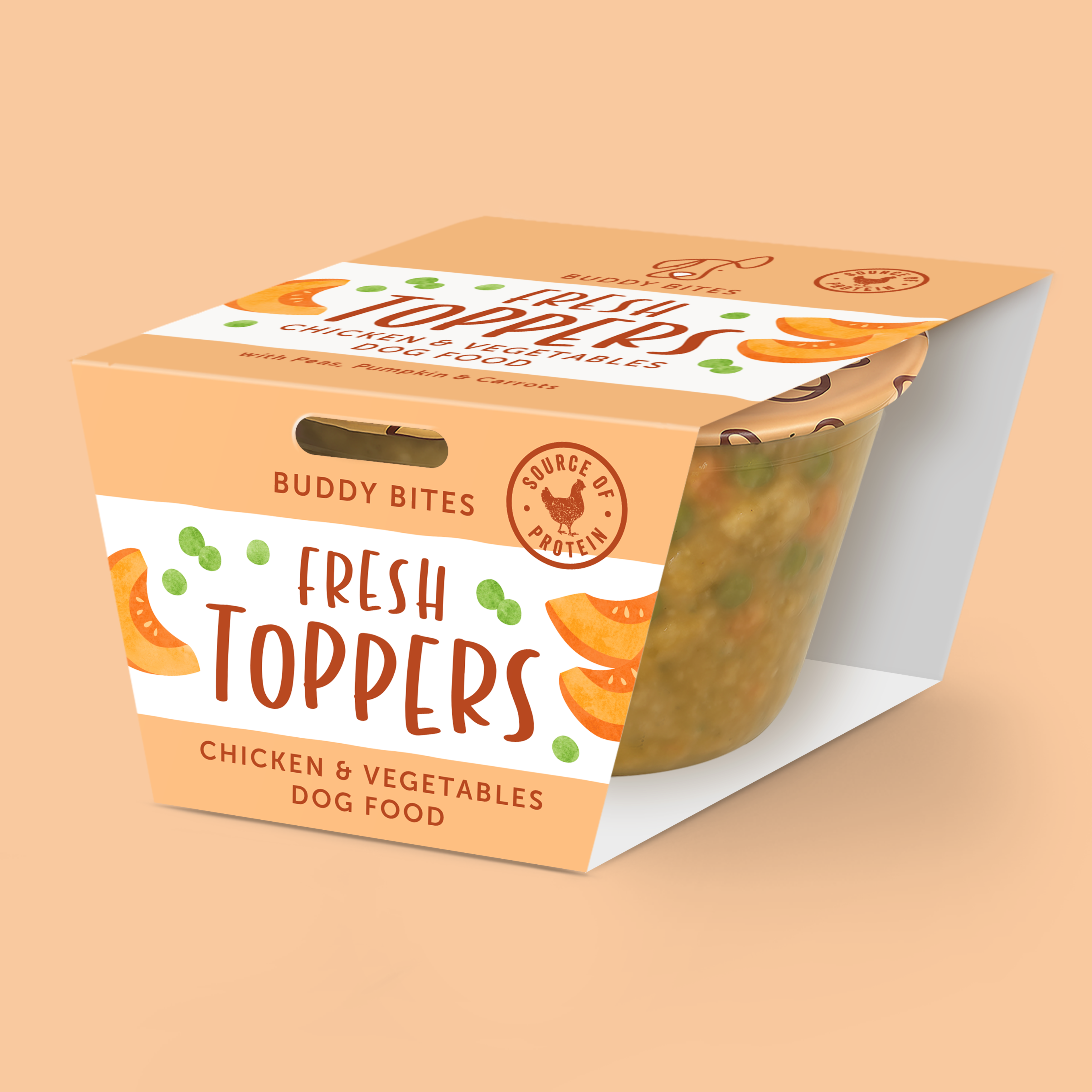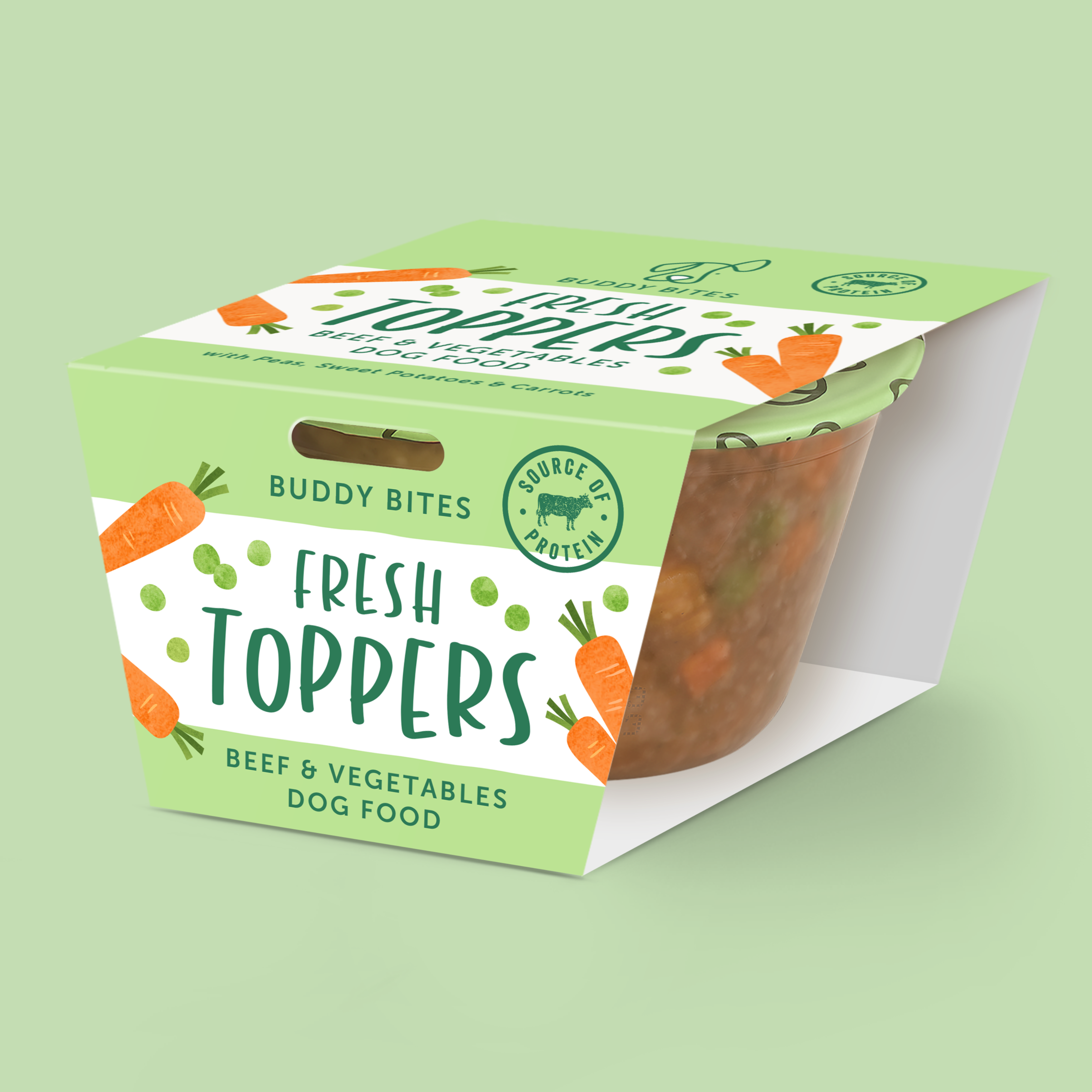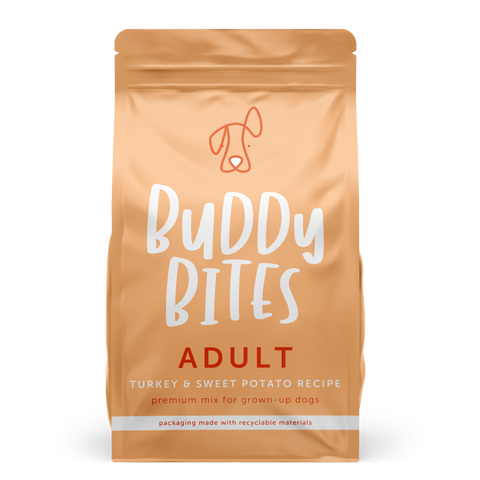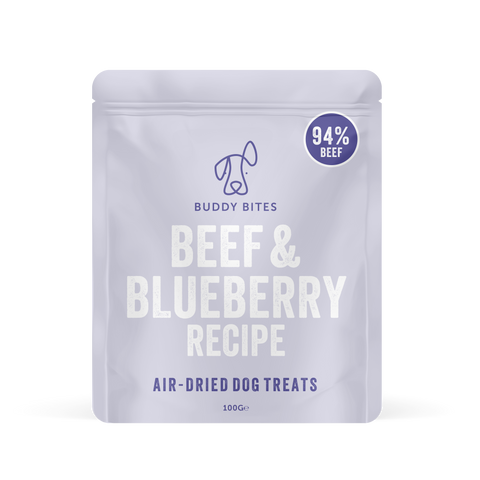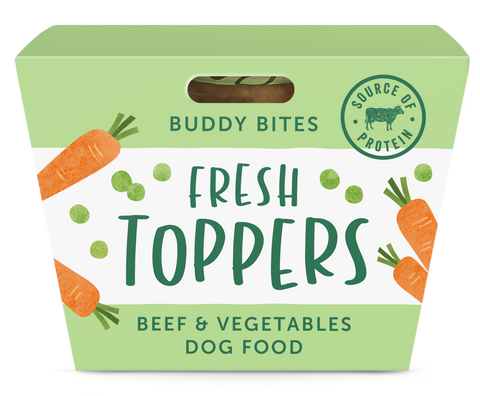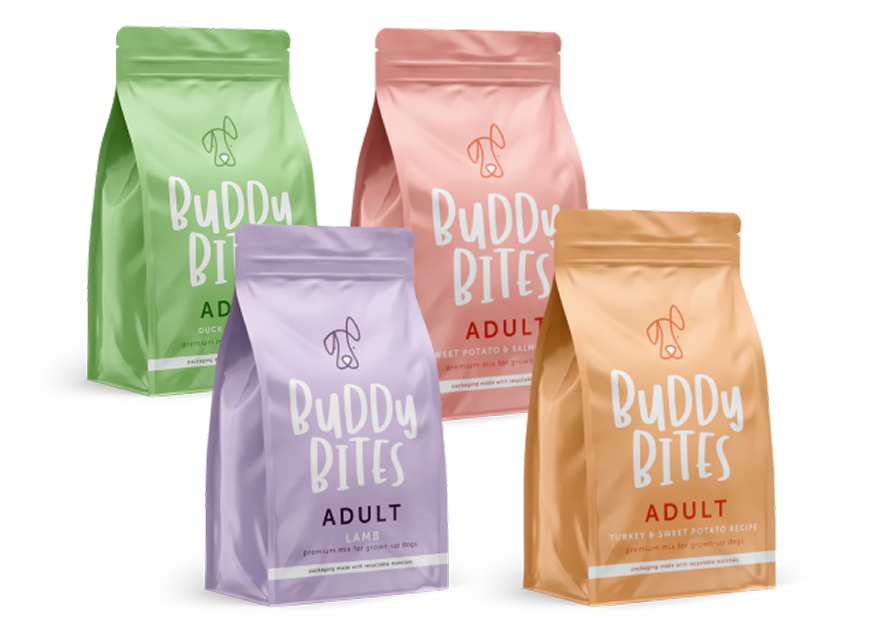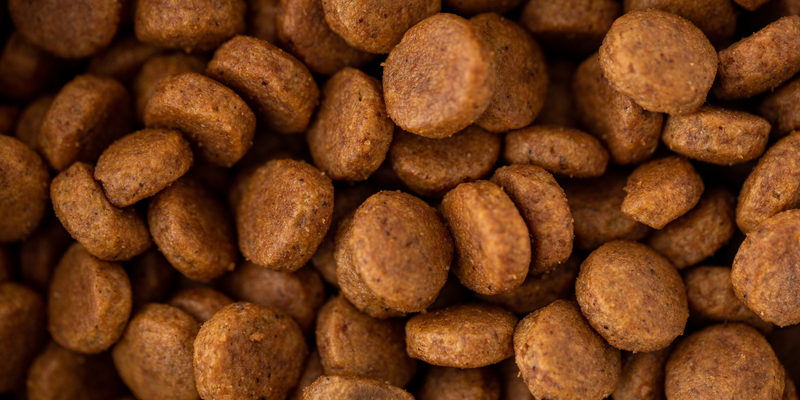Can dogs have fruits?
June 01, 2023
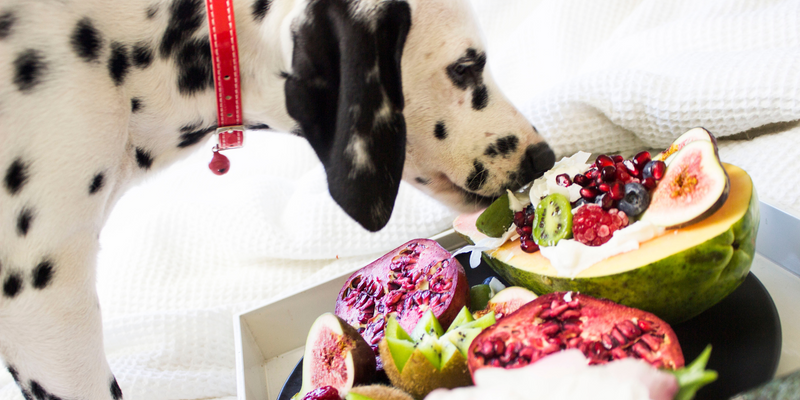
As responsible pet owners, we want to provide the best possible nutrition for our furry friends. While dogs are primarily carnivorous animals, fruits can be a healthy addition to their diet. In this article, we’ll explore some fruits that are safe and beneficial for dogs.
1. Apples
Apples are a great source of fibre, vitamin A, and vitamin C. They also contain antioxidants that can help boost your dog’s immune system. Be sure to remove the seeds and core, as these contain small amounts of cyanide which can be toxic in large quantities.
2. Bananas
Bananas are an excellent source of potassium, which can help maintain healthy muscle and nerve function. They’re also high in fibre, vitamin C, and vitamin B6. Bananas are a great treat for dogs, but should be given in moderation due to their high sugar content.

3. Blueberries
Blueberries are packed with antioxidants and vitamin C, which can help prevent cell damage and support a healthy immune system. They’re also low in calories and high in fibre, making them a great snack for dogs. Be sure to give them in moderation, as too many can cause digestive upset.
4. Mangoes
Mangoes are a rich source of vitamin A, vitamin C, and fibre. They also contain antioxidants and enzymes that can help support digestion. However, it's important to remove the pit and the tough outer skin before giving it to your dog, as the pit contains a small amount of cyanide and the skin can be difficult to digest.
5. Pears
Pears are low in calories and a good source of fibre, vitamin C, and vitamin K. They also contain antioxidants that can help support a healthy immune system. Pears should be given in moderation as they are high in sugar. Be sure to remove the seeds and core before giving them to your dog, as the seeds contain small amounts of cyanide.

6. Strawberries
Strawberries are high in vitamin C and fibre, and are a great source of antioxidants. They’re also low in calories, making them a great snack for dogs. As with blueberries, be sure to give them in moderation to prevent digestive upset.
7. Watermelon
Watermelon is high in vitamins A and C, and contains a high water content which can help keep your dog hydrated. It’s also low in calories and contains antioxidants that can help support a healthy immune system. Be sure to remove the seeds and rind, as these can cause digestive issues.

8. Pineapple
Pineapple is high in vitamin C, fibre, and contains an enzyme called bromelain which can help aid in digestion. It’s important to remove the tough outer skin and tough core, as these can be difficult for dogs to digest. Pineapple should be given in moderation, as too much can cause digestive upset.
9. Oranges
Oranges are high in vitamin C and fibre, and can provide a tasty treat for dogs. Be sure to remove the peel and any seeds, as these can be difficult for dogs to digest and can cause digestive upset.
When introducing fruits to your dog’s diet, it’s important to start with small amounts and observe for any signs of digestive upset. Some dogs may have allergies or sensitivities to certain fruits, so it’s always important to consult with your veterinarian before making any significant changes to your dog’s diet. Fruits can be a healthy addition to your dog’s diet when given in moderation and in the proper quantities.
